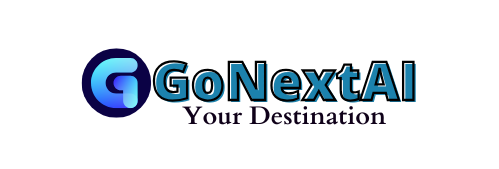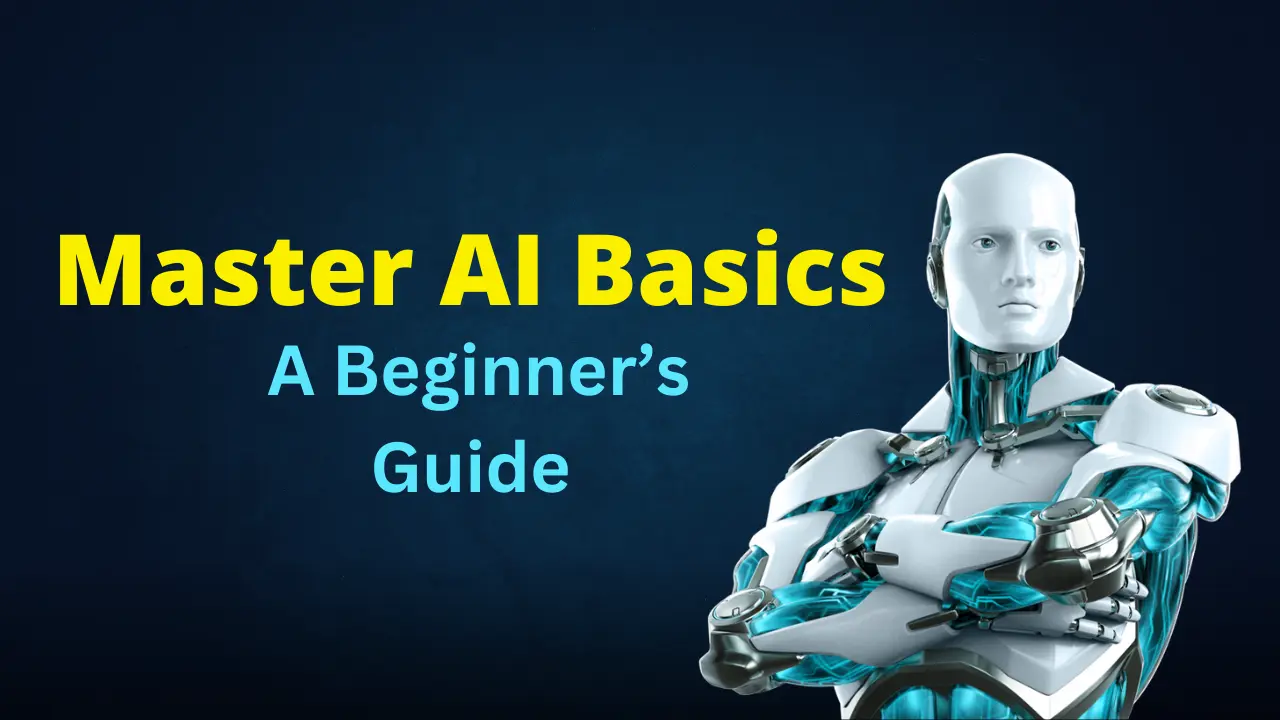Master AI Basics: A Beginner’s Guide
Artificial Intelligence (AI) has emerged as one of the most transformative technologies of our time, reshaping industries, enhancing daily life, and pushing the boundaries of what’s possible. For beginners, understanding AI might seem daunting, but with the right approach, anyone can master the basics. This guide offers an overview of AI, its applications, and the foundational concepts to get you started.
What Is Artificial Intelligence?
Artificial Intelligence refers to the simulation of human intelligence by machines, particularly computer systems. It enables machines to perform tasks that typically require human cognition, such as learning, reasoning, problem-solving, and understanding language.
How to Start Earning Through Virtual Assistance
Key Categories of AI:
- Narrow AI: Focused on performing specific tasks (e.g., virtual assistants, recommendation systems).
- General AI: A theoretical concept where a machine can perform any intellectual task a human can.
- Superintelligent AI: Hypothetical AI that surpasses human intelligence in all aspects.
Why Learn AI?
AI is revolutionizing fields like healthcare, finance, education, and entertainment. Learning AI equips you with the skills to:
- Understand modern technologies.
- Develop innovative solutions to complex problems.
- Access career opportunities in a growing field.
How to Make Money Testing Apps and Websites
Fundamental Concepts of AI
- Machine Learning (ML):
- A subset of AI focused on teaching machines to learn from data.
- Key techniques: supervised learning, unsupervised learning, and reinforcement learning.
- Deep Learning (DL):
- A specialized form of ML using neural networks to mimic human brain function.
- Commonly used in image recognition, natural language processing, and voice assistants.
- Natural Language Processing (NLP):
- Enables machines to understand and respond to human language.
- Examples: chatbots, translation apps, and voice assistants.
- Computer Vision:
- The ability of machines to interpret and analyze visual data from the world.
- Examples: facial recognition and autonomous vehicles.

Tools and Technologies in AI
For beginners, starting with accessible tools and frameworks can make AI learning easier. Here are some popular choices:
- Python Programming Language: Widely used for AI development due to its simplicity and robust libraries.
- TensorFlow and PyTorch: Popular frameworks for building and deploying machine learning models.
- Jupyter Notebooks: An excellent tool for experimenting with AI code in an interactive environment.
- Google Colab: A free platform to write and execute AI code in the cloud.
How to Make Money Selling Domain Names Easily
Step-by-Step Guide to Learning AI
- Understand the Basics of Programming:
- Start with Python, as it’s beginner-friendly and heavily used in AI.
- Learn Math Fundamentals:
- Focus on linear algebra, calculus, probability, and statistics.
- Study Machine Learning Concepts:
- Explore online courses like those offered by Coursera, edX, or Khan Academy.
- Experiment with AI Tools:
- Practice building simple ML models using libraries like scikit-learn and TensorFlow.
- Join AI Communities:
- Engage in forums like Kaggle, GitHub, and Reddit to learn from peers and experts.
- Work on Projects:
- Implement small projects such as spam detection, image classification, or sentiment analysis.
Applications of AI in Everyday Life
AI influences various aspects of modern life, including:
- Healthcare: Assisting in diagnosing diseases, personalized medicine, and robotic surgeries.
- Finance: Automating trading, detecting fraud, and offering personalized financial advice.
- Entertainment: Powering recommendation systems on platforms like Netflix and Spotify.
- Education: Enhancing learning experiences with intelligent tutoring systems and personalized content.
- Transportation: Enabling autonomous vehicles and optimizing traffic management.
Challenges and Ethical Considerations
As powerful as AI is, it comes with challenges:
- Bias and Fairness: Ensuring AI systems don’t perpetuate societal biases.
- Privacy Concerns: Protecting user data from misuse.
- Job Displacement: Balancing automation’s benefits with its impact on employment.
- Accountability: Defining responsibility for AI-driven decisions.
Understanding these issues is crucial for anyone entering the field.
Resources to Deepen Your Knowledge
- Books:
- “Artificial Intelligence: A Guide to Intelligent Systems” by Michael Negnevitsky.
- “Deep Learning” by Ian Goodfellow.
- Online Courses:
- Andrew Ng’s Machine Learning course on Coursera.
- Fast.ai’s deep learning course.
- YouTube Channels:
- 3Blue1Brown for math concepts.
- Sentdex for Python and AI tutorials.
- Websites and Blogs:
- Towards Data Science (Medium blog).
- AI-focused platforms like OpenAI’s blog.
Final Thought
Mastering the basics of AI is a stepping stone to a world of endless possibilities. While the journey may seem challenging, it’s also incredibly rewarding. By starting with foundational knowledge, engaging in hands-on practice, and exploring AI applications, you can unlock your potential in this transformative field.
Whether you’re an aspiring data scientist, a tech enthusiast, or someone curious about the future, diving into AI can equip you with valuable skills and insights to navigate the evolving digital landscape.

